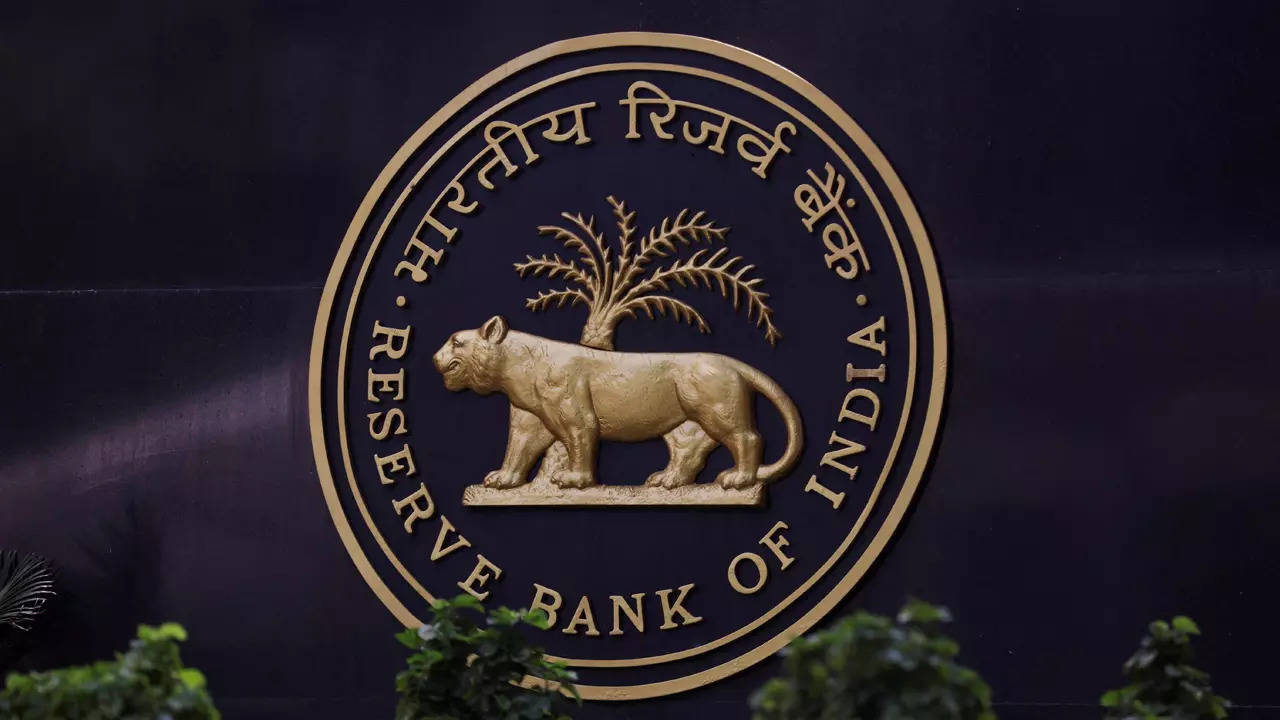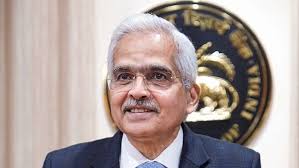Reserve Bank of India will keep its key rates stable regarding the policy rate i.e. repo rate in the monetary policy review meeting to be held on August 8, a foreign brokerage HSBC said on Wednesday that RBI will keep its key rates stable. Yes, RBI may seem more confident of reaching the inflation target. According to the news of Bhasha, HSBC said in the report on the eve of the RBI MPC decision that the rate-setting panel may prefer to stick to the stance of ‘withdrawal of adaptation’ of monetary policy.
Policy stance will remain unchanged

According to the news, although it is a close call, we also think that the policy stance will remain unchanged, even though RBI seems more confident than before about achieving its 4 percent inflation target, it listed the aspects in the document or resolution that it will pay attention to. These include further commentary on growing confidence in sustainably achieving 4 per cent inflation, or changes in growth or inflation forecasts, and the use of OMO (open market operation) sales to drain out excess liquidity.
These will be watched
In the backdrop of another member dissenting in the last policy review, the brokerage said the number of MPC members calling for a rate cut or a change in stance will also be closely watched. Besides, it said any further colour on plans to change regulatory requirements on liquidity coverage ratio, which is reported to have an impact on banks’ profitability, will also be watched.
On stance questions, the brokerage said there are several points in support of a dovish stance from the current accommodative stance, adding that there are equal aspects against such a move. Factors such as global turmoil, improving rainfall, soft core inflation, weak credit growth and fiscal consolidation support an accommodative stance, while on the other hand, there are competing factors such as a long wait for a durable decline in food inflation, loose financial conditions, OMO sales and strong growth on the other hand.








